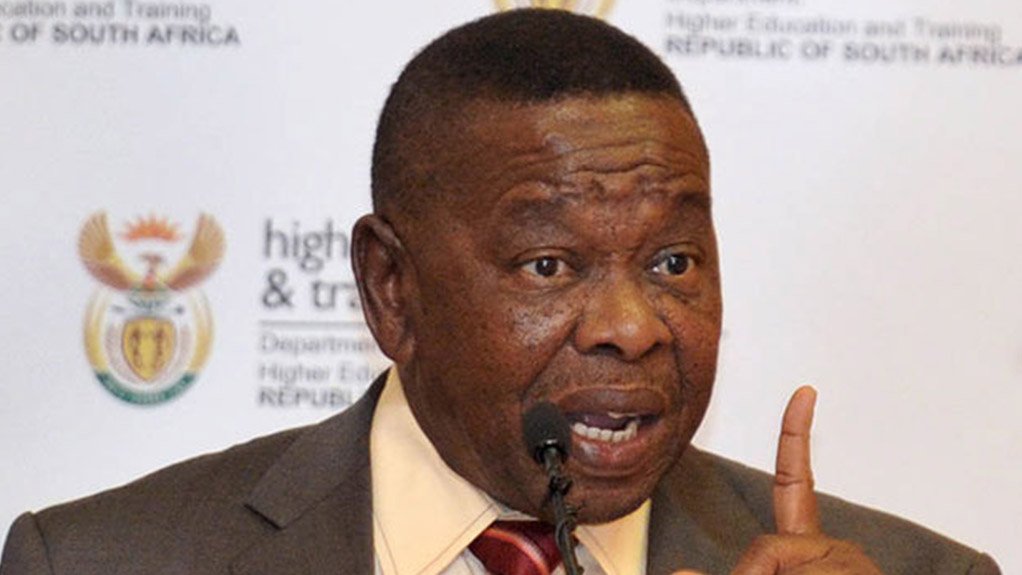/ MEDIA STATEMENT / The content on this page is not written by Polity.org.za, but is supplied by third parties. This content does not constitute news reporting by Polity.org.za.
The Minister of Higher Education and Training, Dr Blade Nzimande, has welcomed the continuing probe by law enforcement agencies of claims of people attempting to sell places to study medicine at the University of KwaZulu-Natal.
"This is a matter which we take very seriously and we commend both our law enforcement agencies and institutions of higher learning for working together to rid the higher education system of this scourge.
"The few bad apples who are engaging in this criminal activity of selling and buying study places must stand warned that serious action will be taken against them without mercy," Minister Nzimande said.
Responding to media enquiries that a possible solution to the problem of spaces in medical schools around the country could be alleviated if the Department of Higher Education and Training allow private medical colleges to be built, the Minister said the government was giving due consideration to expanding medical education in South Africa – which was currently being offered through nine public universities.
"There is a high demand for spaces in medical schools for the Bachelor of Medicine and Bachelor of Surgery (MBChB). "DHET is working with the national Department of Health through the Joint Health Sciences Education Committee (JHSEC) to plan for the expansion of medical education, including the establishment of new faculties to offer the MBChB," Minister Nzimande said.
"Currently, three new medical schools are being considered. The idea of setting up private medical schools as a solution to the need to expand the provision of the MBChB degree is but one option open for consideration.
"However, this needs to be considered in the context of the broader needs of society, the role of the private sector in education and balancing all of these with what would be commercial interests in private higher education institutions.
"The long-term solution to the problem is to increase the capacity of South African institutions to produce doctors. The system needs to expand to enable the intake to double its current size, which will require investment in both infrastructure and Human Resources.
"Most significantly, it also requires the expansion of the clinical training platforms to cope with the increased volumes," he added.
Historically, medical schools have been established by significant investment from the private sector. Such examples include the medical school of the University of Cape Town which benefited from the Wernher-Beit bequest and the Cecil Rhodes Groote Schuur Estate, as well as the University of Witwatersrand which benefited from a donation from the Oppenheimer trust.
"Medical schools are very expensive to establish and operate, and the accreditation processes are arduous. One of the biggest limiting factors that contribute to the expense of medical schools is the low staff to student ratio requirement of the Health Professionals Council of SA (HPCSA).
He also pointed out that ultimately the final decision on the establishment of new medical schools, private or public, lies with the Minister of Health and not DHET.
He also took the opportunity to similarly warn perpetrators of fake qualifications, saying they would be prosecuted and publicly named and shamed when caught — as just like the selling and buying of study places, fraudulent qualifications posed a grave danger to the credibility of the country’s education system.
"Indeed, if one lies about one's qualifications or produces a false certificate, that is fraud even in terms of existing law, and those caught engaging in such criminal activities will face the full might of the law," Minister Nzimande said.
Issued by the Ministry of Higher Education and Training
EMAIL THIS ARTICLE SAVE THIS ARTICLE ARTICLE ENQUIRY
To subscribe email subscriptions@creamermedia.co.za or click here
To advertise email advertising@creamermedia.co.za or click here











